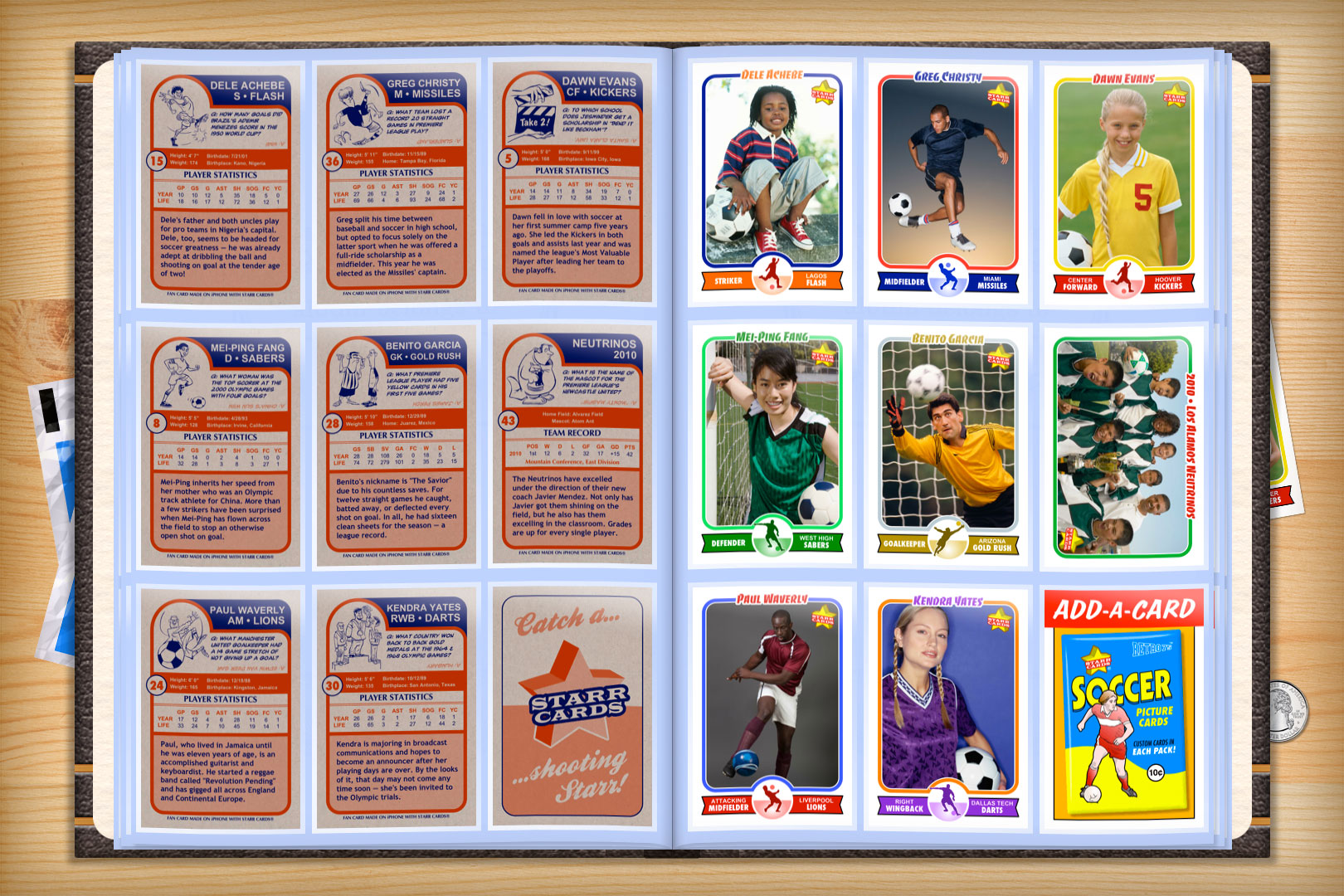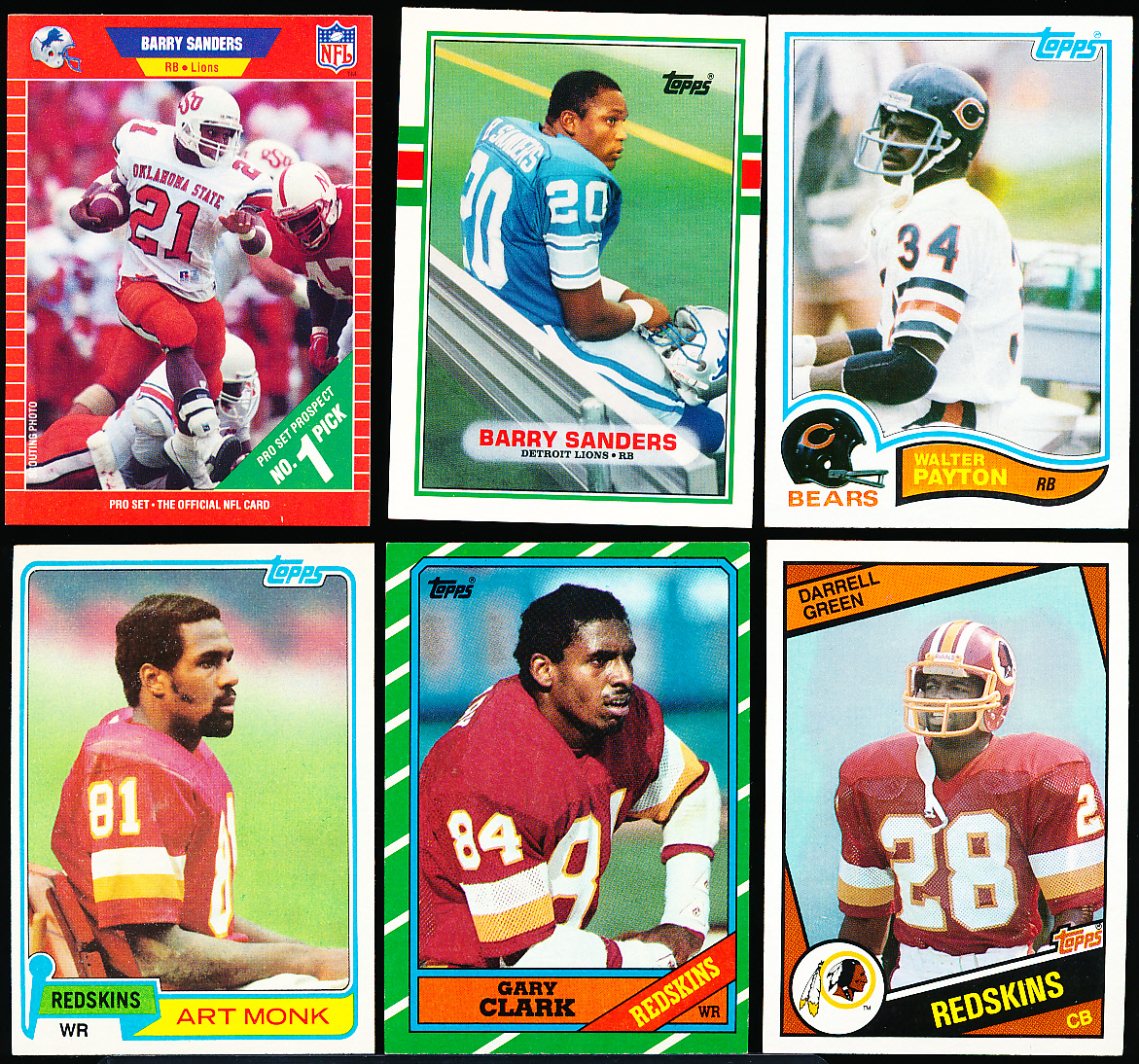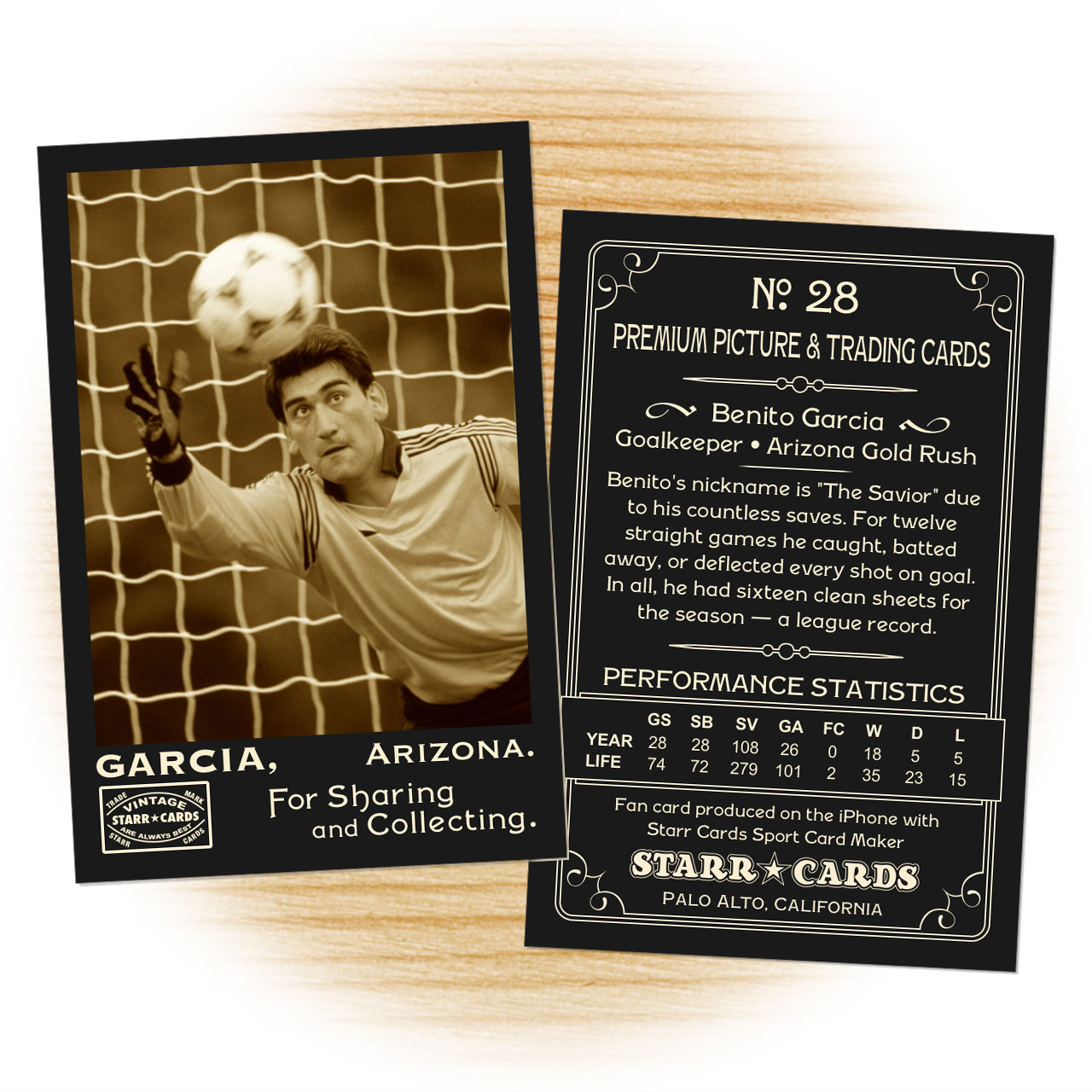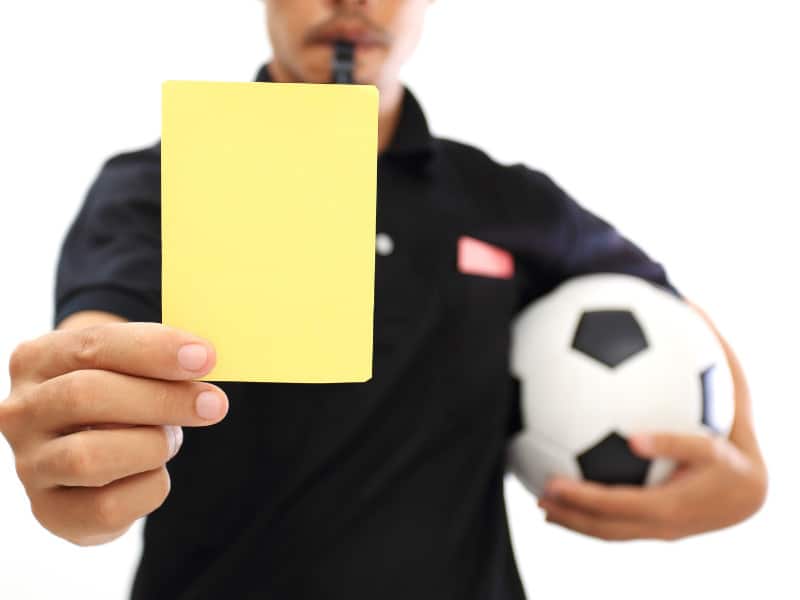Soccer, the world’s most popular sport, is governed by a strict set of rules and regulations. One of the most important aspects of these rules is the use of colored cards to discipline players for various offenses. These cards serve as a visual representation of the severity of the infraction and the consequences that follow. In this article, we will delve into the world of soccer colored cards, exploring their different types, meanings, and implications.
Colored cards were first introduced in soccer in the 1970s as a way to improve player discipline and enhance the flow of the game. Since then, they have become an integral part of the sport, with referees using them to maintain order on the field and ensure fair play.
1. Yellow Card

The yellow card is the most common type of colored card in soccer. It is shown to a player who commits a minor offense, such as:
- Unsportsmanlike conduct
- Delaying the restart of play
- Dissent towards the referee



A player who receives a yellow card is cautioned and warned that further misconduct could result in more severe punishment.
2. Red Card

The red card is the most serious type of colored card in soccer. It is shown to a player who commits a major offense, such as:
- Violent conduct
- Serious foul play
- Denying a clear goal-scoring opportunity



A player who receives a red card is immediately sent off the field and is not allowed to participate in the rest of the match.
3. Second Yellow Card

If a player receives a second yellow card in the same match, it automatically results in a red card. This rule is in place to prevent players from accumulating multiple yellow cards and avoiding more serious punishment.
4. Green Card

The green card is a relatively new addition to the world of soccer colored cards. It is shown to a player who commits a minor offense but does not warrant a yellow card. The green card serves as a warning and allows the referee to address the player’s behavior without issuing a more severe punishment.
5. Blue Card
The blue card is a type of colored card that is used in some youth soccer leagues. It is shown to a player who commits a minor offense but does not warrant a yellow or red card. The blue card serves as a warning and allows the referee to address the player’s behavior without issuing a more severe punishment.
6. White Card
The white card is a type of colored card that is used in some youth soccer leagues. It is shown to a player who displays good sportsmanship or fair play. The white card serves as a positive reinforcement and encourages players to behave in a respectful manner.
7. Black Card
The black card is a type of colored card that is used in some amateur soccer leagues. It is shown to a player who commits a serious offense that warrants a more severe punishment than a red card. The black card results in the player being banned from participating in future matches.
8. Orange Card
The orange card is a type of colored card that is used in some indoor soccer leagues. It is shown to a player who commits a minor offense but does not warrant a yellow card. The orange card serves as a warning and allows the referee to address the player’s behavior without issuing a more severe punishment.
9. Purple Card
The purple card is a type of colored card that is used in some amateur soccer leagues. It is shown to a player who commits a serious offense that warrants a more severe punishment than a red card. The purple card results in the player being banned from participating in future matches.
10. Pink Card
The pink card is a type of colored card that is used in some youth soccer leagues. It is shown to a player who displays exceptional sportsmanship or fair play. The pink card serves as a positive reinforcement and encourages players to behave in a respectful manner.
Design Variations and Building Insights
The design of soccer colored cards can vary depending on the league and competition. Some cards are simple and straightforward, while others feature intricate designs and logos. The color of the cards is also standardized, with yellow and red being the most common.
When designing soccer colored cards, it is important to consider the following factors:
- Visibility: The cards should be easily visible to players, referees, and spectators.
- Durability: The cards should be made of durable materials that can withstand the rigors of the game.
- Legibility: The text on the cards should be clear and easy to read.
- Aesthetics: The cards should be visually appealing and consistent with the overall brand of the league or competition.
Other ideas you might like














